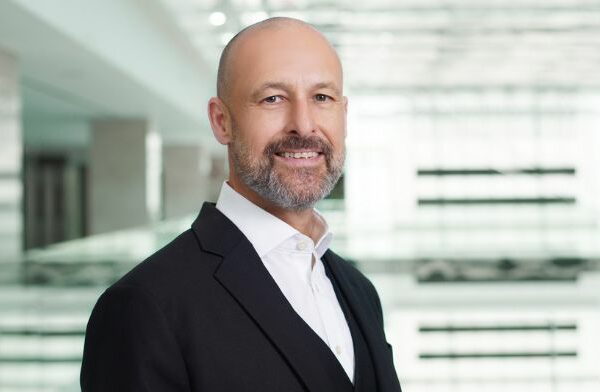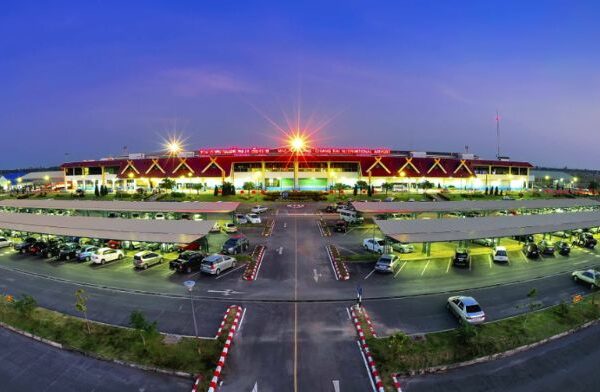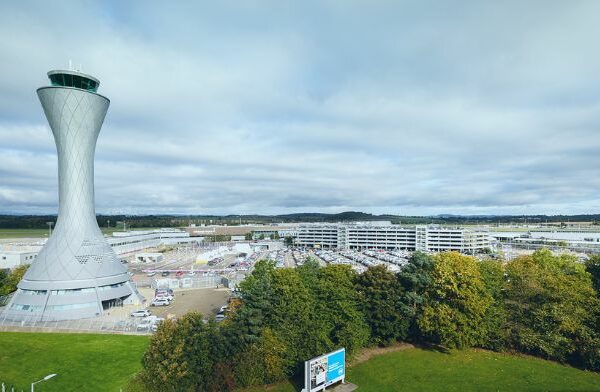The final day of Routes Europe 2018 on Tuesday 24 April was focused on destination marketing and top tips for airports when it comes to negotiating with airlines.
Route development with airlines
Nigel Mayes and Tony Griffin, both senior VPs at ASM – a global route development consultancy – gave an enlightening talk on how to negotiate with airlines and understand the legal framework to improve route development strategies.
Arguing that the primary objective of a negotiation should be mutually beneficial with upsides for both the airline and the airport, both Mayes and Griffin stressed the importance of building regular review phases into a contract.
Mayes also pointed out that airlines want any discounts to be offered in the first year of operation. “Airlines aren’t so bothered about support in years two and three, as by then they would hope the route has taken off, it’s in the first year that they will want to see the discounts,” he said.
The pair also issued a checklist of factors to consider when entering into a negotiation with an airline, which included: assessing competition, seeking third party support, checking what is permitted under regulatory jurisdiction, ensuring you are dealing with a decision maker, involving lawyers to ensure the contract is watertight and both parties benefit, keeping control of any marketing spend as well as adding in the all-important review period.
“In many ways securing the new route is the easy part, it’s the 12 months that follow that require hard work,” said Mayes. “It needs selling, promoting and an investment to ensure it’s successful,” he concluded.
Promoting a destination
Wrapping up the conference sessions for this year’s event, a panel discussion on destination marketing accentuated the importance of partnerships between tourism boards, airports and airlines.
Uel Hoey, business development director at Belfast International Airport, mentioned that hosting events, such as Routes Europe, “was hugely beneficial” and had provided a “great opportunity to showcase what Belfast had to offer” and to change people’s perceptions of it as a destination.
“Pretty much everyone that attended Routes last year in Belfast went away with a completely different idea of what Belfast was about. So, in terms of tourism and awareness it was hugely beneficial to invest in the event and bring the aviation community to our city,” he said.
Hoey also stressed the need for the UK government to scrap Air Passenger Duty (APD) at least on short-haul flights, describing it as an anchor on tourism growth.
Asier Alea, director of external promotion and tourism, provincial government of Biscay, divulged that finding a key message had been integral to its marketing campaign to promote the region. “We have focused on cultural and gastronomy experiences” he said, “because that’s who we are, what we do well.”
Alea also revealed how the Biscay government has made a point of investing in start-ups within the tourism sector, “because you need to be innovative when promoting a destination and keep things current.” He also stressed that whether visitors are coming for business or leisure, it’s important to remember “they are all essentially tourists.”
The inevitable subject of Brexit, and the impact it will have on tourism to and from the UK, once again reared its head. Hoey re-emphasising the point that several other speakers had raised previously during the event, that we are in a “period of uncertainty with a lot of political toing and froing.”
Ignacio Biosca, head of airport marketing and relations with airlines at Aena, described Brexit as “worrying,” especially given the UK is Aena’s main market. “We hope common sense will prevail, but we need to prepare, come together and be clear of the implications of a hard Brexit,” he said.
To minimise the impact of Brexit across Europe’s aviation sector but also on the economy in general, all panellists agreed that the industry needs to be streamlined in its approach and speak with a common voice.
Ending on a positive note though, Biosca reminded the audience that tourism should be valued as an important industry and career path. “People like working to promote a destination. There is a feel-good factor to promoting your city or region and then have the satisfaction of seeing visitors come and experience it for themselves,” he said.





